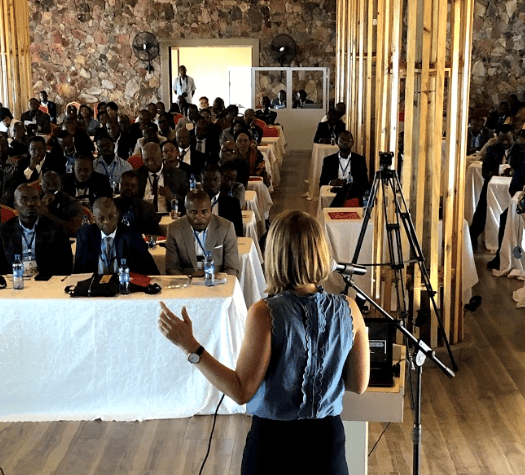About
What We Offer
The Security & Human Rights Toolkit (updated with support from the Geneva Center for Business and Human Rights), a handbook of concrete good practices and tools which helps companies address security and human rights challenges related to their operations in complex environments.
The Security & Human Rights Knowledge Hub, a web platform compiling guidance and tools on business, security, and human rights.
The innovative and practical case studies on the management of security and human rights challenges.
The DCAF-ICRC newsletter, which provides the latest updates on activities and events.

Who We Work With
The DCAF-ICRC partnership aims to foster a multi-stakeholder approach to improve the coherence and effectiveness of development projects in business and security. It also endeavors to link various actors and initiatives with the view of increasing leverage through collective action.
To accomplish this, the DCAF-ICRC partnership engages with diverse international standards, organisations and multistakeholder initiatives including:
- United Nations Guiding Principles on Business and Human Rights (UNGPs)
- United Nations Global Compact (UNGC)
- Organisation for Economic Co-operation and Developments (OECD) responsible business conduct workstream
- Voluntary Principles on Security and Human Rights (VPs)
- Montreux Document Forum
- International Code of Conduct Association (ICoCA) and
- China Chamber of Commerce of Metals Minerals & Chemicals importers and Exporters (CCCMC)
The partnership has also developed a collaboration with the China Chamber of Commerce of Metals Minerals & Chemicals Importers and Exporters (CCCMC) to develop training modules on responsible security management for Chinese businesses operating in complex foreign environments.
About the Partners
The Security and Human Rights Knowledge Hub is a joint initiative of DCAF and the ICRC to create a practical handbook that brings together all relevant resources and good practices related to human rights-compliant security practices.

DCAF – The Geneva Centre for Security Sector Governance – works globally to promote good security sector governance through security sector reform. DCAF’s Business and Security Division works with companies, governments and communities to promote security, sustainable development and respect for human rights.

The ICRC is an impartial, neutral and independent humanitarian organisation whose exclusively humanitarian mission is to protect the lives and dignity of victims of armed conflict and other situations of violence and to provide them with assistance. The ICRC also endeavors to prevent suffering by promoting and strengthening humanitarian law and universal humanitarian principles.
The Peace and Human Rights Division of the Swiss Federal Department of Foreign Affairs has supported the DCAF-ICRC Partnership since its inception.
